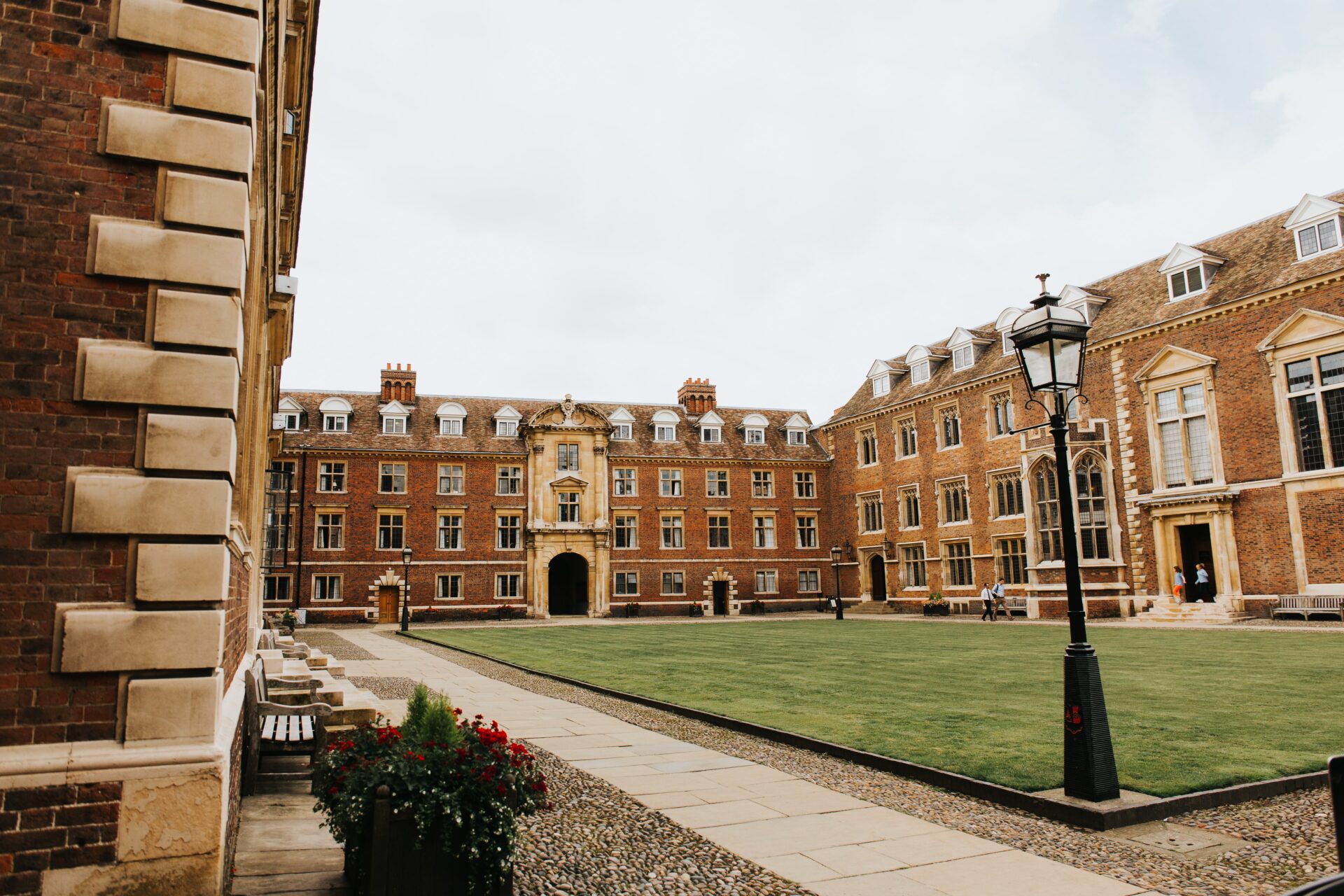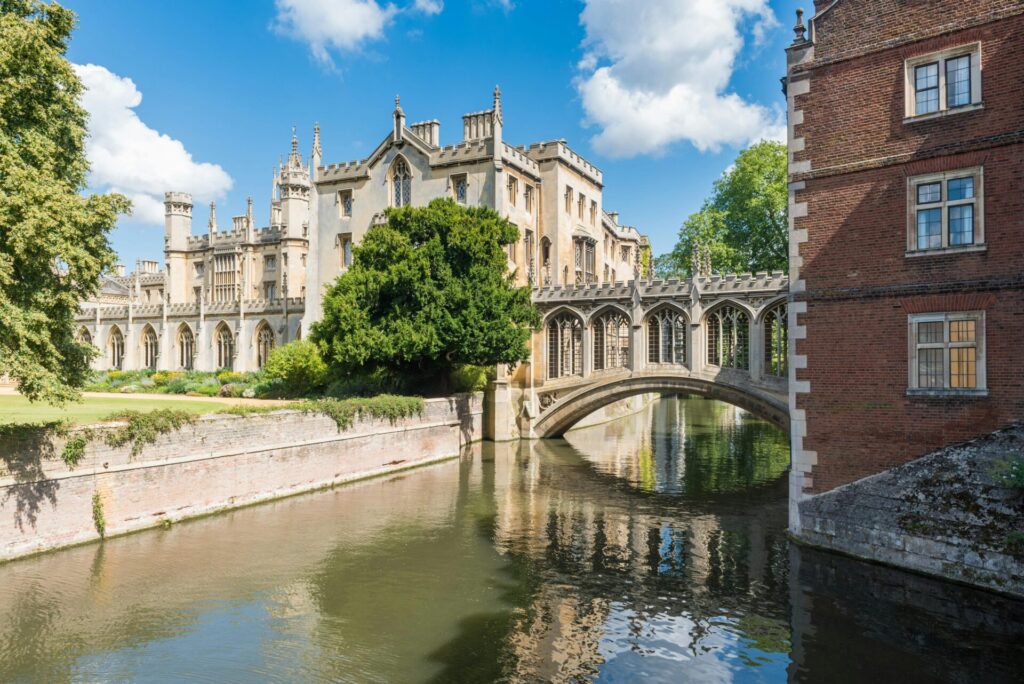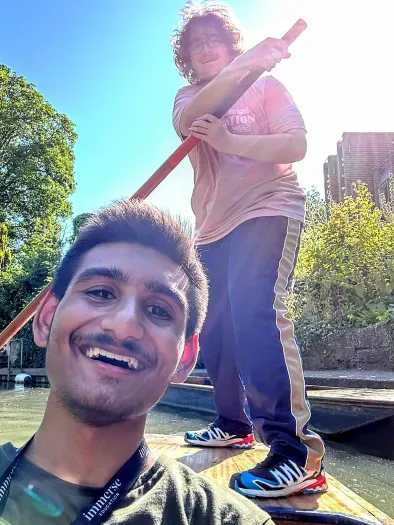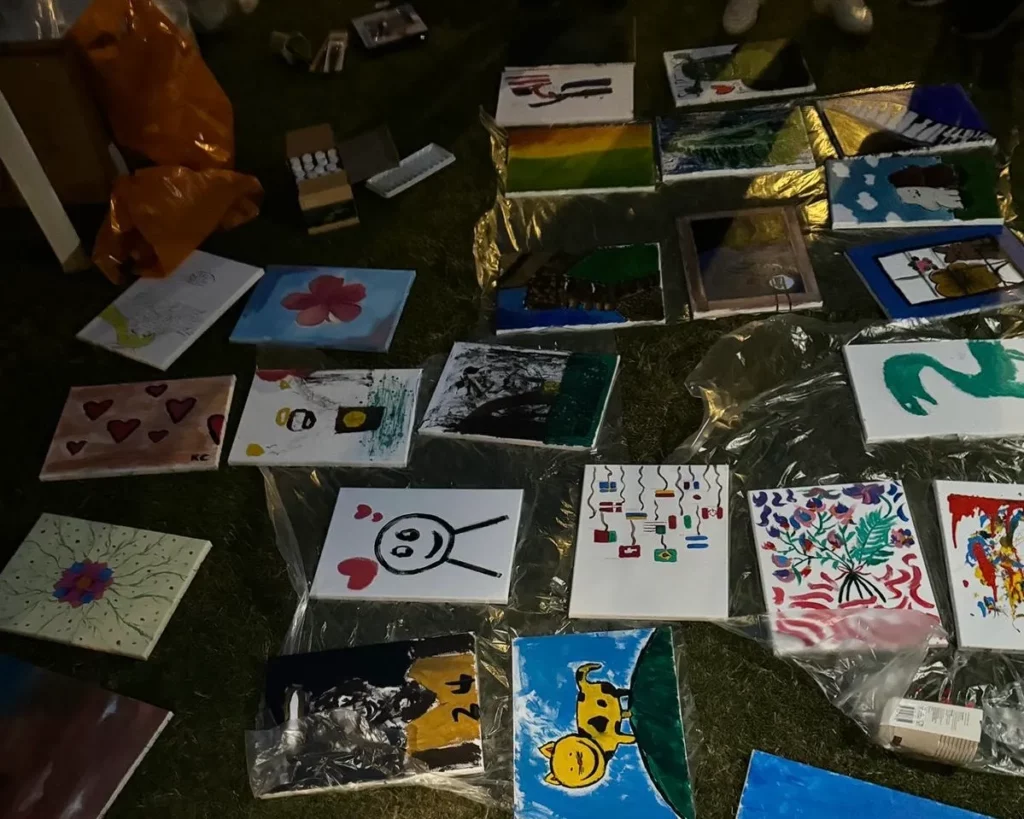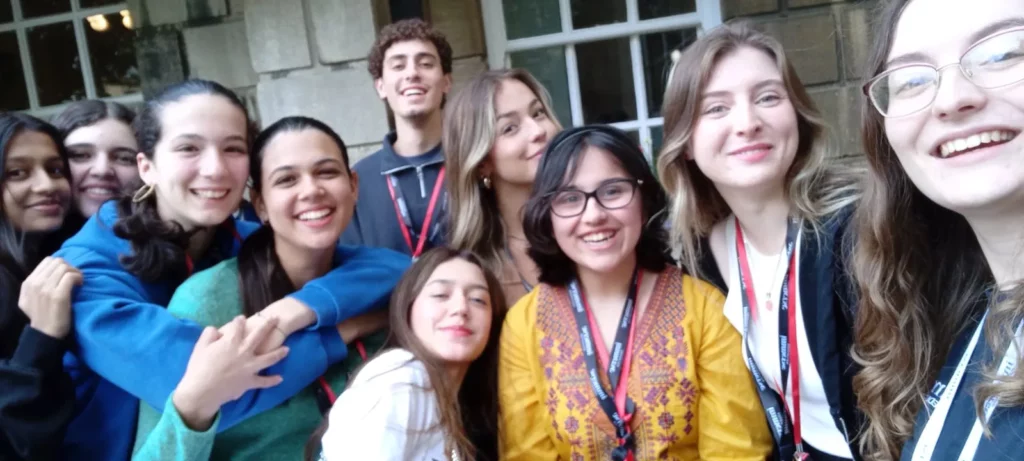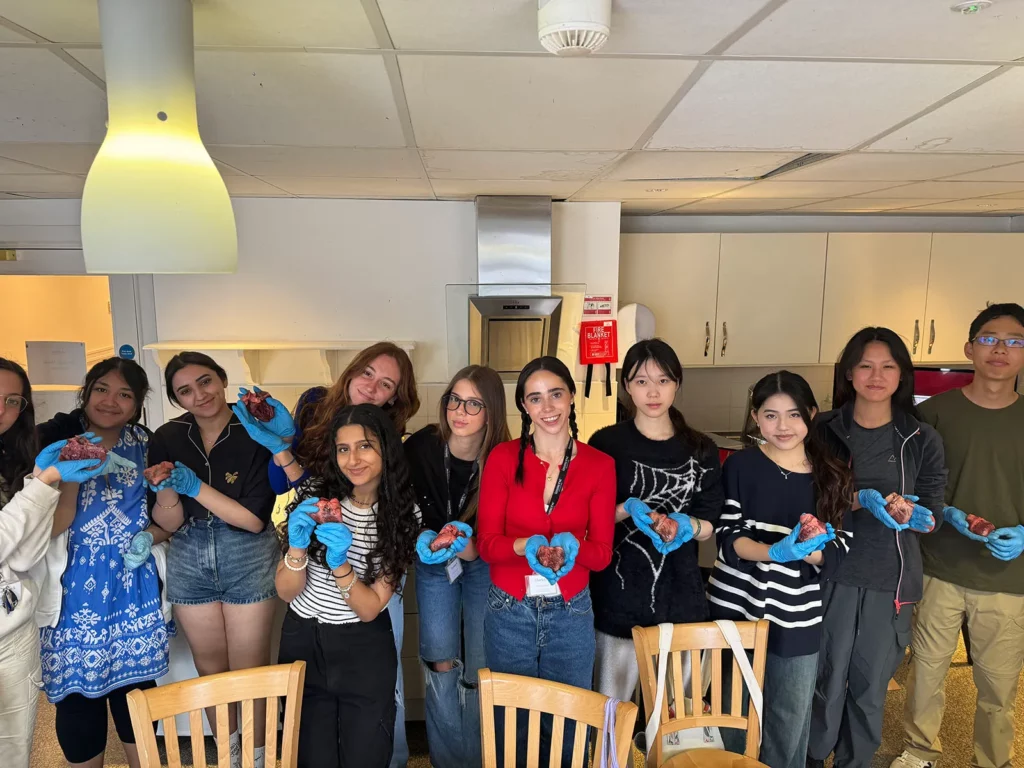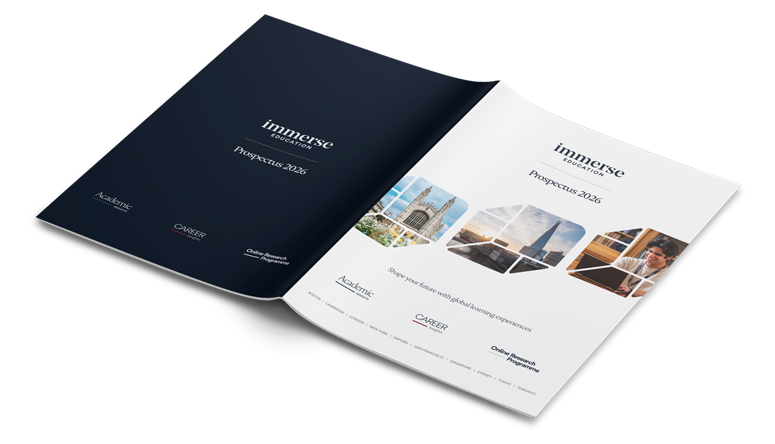The Essential Balance
For Brett Mellies, the force pulling his academic and personal interests together isn’t just curiosity or intellect – it’s taking opportunities to get practical.
“I really like engineering,” he says. “I’ve spent a lot of time building stuff on our farm. I do welding and cutting and grinding… I just really, really like building stuff. So I guess that’s why I like engineering.” While his intellectual curiosity ranges from speculative genetics to the future of historical study, what binds Brett’s interests together and distinguishes him as an academic is his instinct to turn ideas into practice.
A Competition That Fit
That urge to bridge thinking and doing is what drew him to the Future Problem Solving (FPS) competition. “I found out of the scholarship a couple of months ago, so that really got me excited to go and win the competition.”
His entry was, fittingly, as imaginative as it was grounded: “My winning solution on storing historical data was inspired by extremophile bacteria: bacteria that’s going to be around for a really long time.” Inspiration came from his research: “They’ve found bacteria in permafrost that’s been alive for millions of years. That kind of got me thinking of something that could survive pretty much as long as humans do and store data for a long time”.
But Brett didn’t enter FPS just for the science. “It really allows you to brainstorm and be creative. You can pretty much come up with any idea or any solution that you want,” he reflects. “I got to explore my interest in biology, history and genetic engineering there.” For Brett, the appeal is in the free-flow between disciplines – and in seeing where bold ideas might touch the real world.
Cambridge: Discovery Through Doing
Brett’s first trip abroad, to study engineering at Cambridge, put his hybrid approach to the test. “I’d never been outside the United States, so it was… a big journey.” The city’s layered history caught his eye: “I really enjoyed the architecture in Cambridge. That was really cool. The thousands of years of history there. Really interesting.”
Socially and academically, he embraced the novelty: “That experience of just seeing other cultures and the international experience was really cool.” The city’s markets, the sweep of the river, and the distinct personalities of each college all became parts of his education: “Walking around Magdalene was way different than walking around like St. John’s or Trinity or Kings. They all had their own special architecture.”
Join the Immerse Education 2025 Essay Competition
Follow the instructions to write and submit your best essay for a chance to be awarded a 100% scholarship.

The Class That Clicked
For Brett, the real highlight wasn’t just sightseeing, but what happened in the classroom. “There were about 10 of us. It was pretty small. I enjoyed it. Felt like I could talk to everybody there and know everybody pretty well.” He gravitated to content he couldn’t get at home: “We did a lot of fluid mechanics in my engineering class. And I really like that because that’s something that we don’t have the opportunity to learn about in my school. It’s just not covered.” The practical and experimental side of engineering stuck with him: “The electrical stuff was very hands on… it definitely confirmed my interest in engineering, I would say”.
Broad Interests, Focused Future
Despite his clear tilt toward engineering, Brett resists narrowing his curiosity. “I’ll probably still have a broad range of interests in college. I don’t think I’m going to completely specialize down. I’m pretty interested in joining a bunch of different clubs and just seeing what I like.” The social dimension matters, too: “I think eating lunch in the market every day was really, really exciting.” He’s still in touch with friends from the program – proof that learning, for Brett, is as much about connection as it is about content.
Where the Thread Leads
If there’s a single thread running through Brett’s story, it isn’t just his intellect or even his wide-ranging curiosity – it’s the way he brings imagination to life in practical ways. Engineering is the discipline where his creative breadth and his instinct for practical doing converge. It gives space for wide-ranging curiosity while demanding hands-on application. That’s why his future, though still broad, points firmly toward engineering.
For Brett, practical experience doesn’t narrow his horizons; it makes them real. From theorising about bacteria that might store history, to learning the mechanics of fluids, he’s continually building a path where thinking and doing aren’t just parallel tracks – they’re inseparable.




